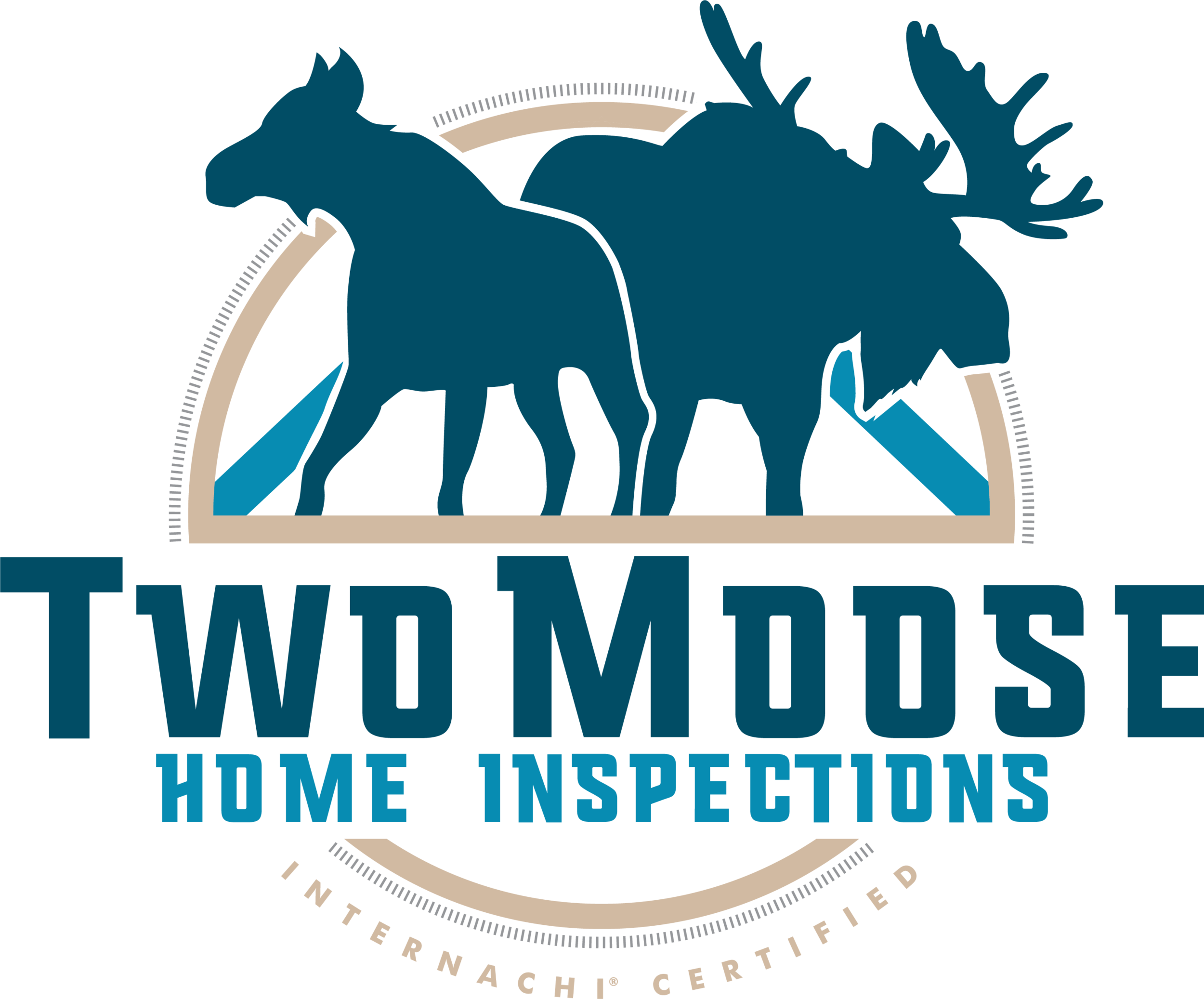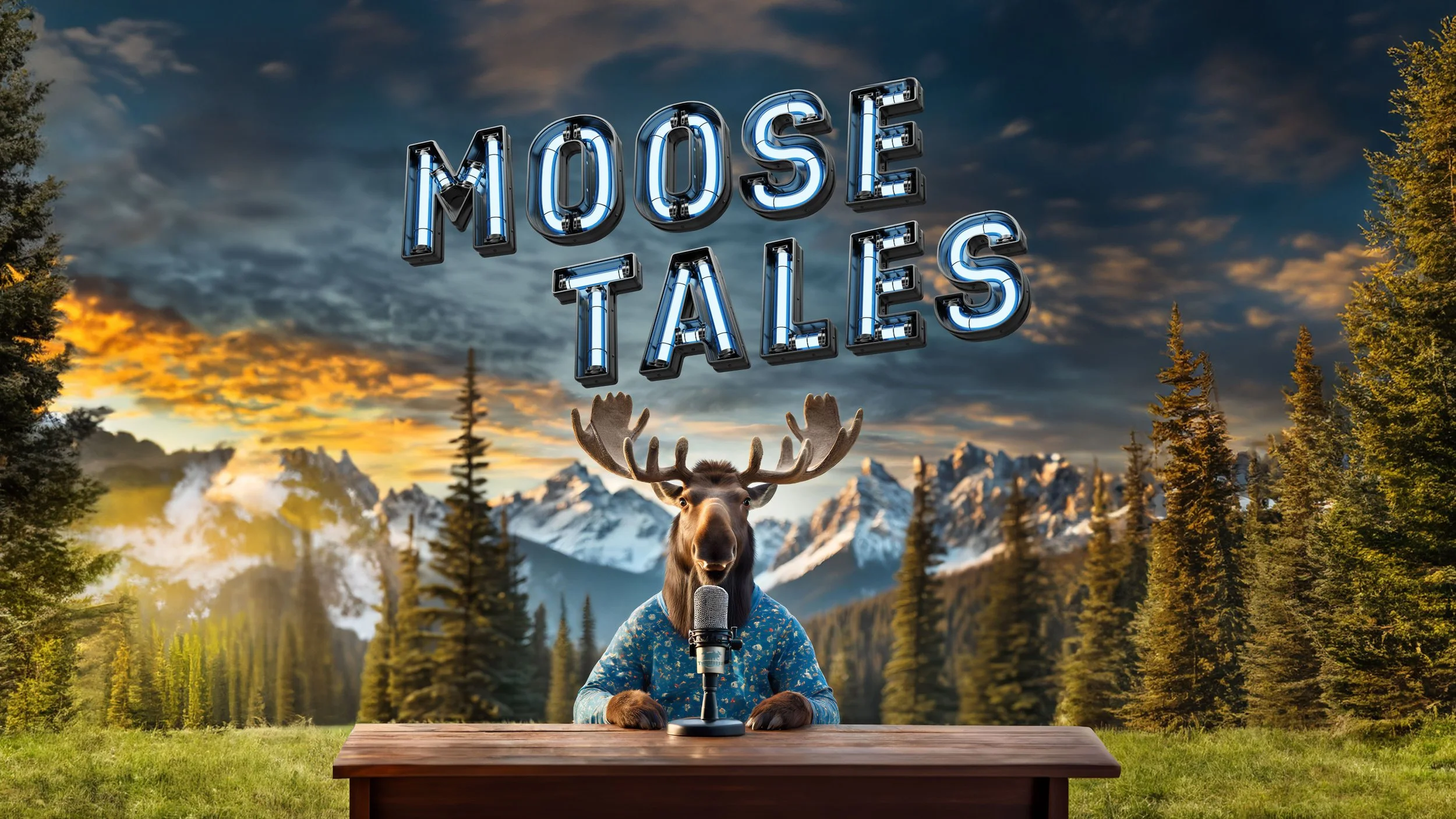S01E13 - Hidden Costs: Understanding the Consequences of Neglected Dirty Coils
Transcript
Welcome to Moose Tales. I'm Jon with Two Moose Home inspections, and I have some short home inspection topics that have been nagging at me. So, let's dive right in.
A lot of homes are moving to heat pumps for their air conditioning and also for their heating. And heat pumps are extremely energy efficient. And that's really going to help you with your utility bill. But one of the things that is really going to hurt you on your utility bill is if the coils are dirty, so you have the coils on the condenser and you have coils on the evaporator.
And it's important to understand that if those coils are dirty, you're completely limiting their ability to work. Now, in addition to limiting their ability to work properly or efficiently, what's also happening is on the inside you are damaging your compressor, and you are damaging the internal components. And you might say, how does a little bit of dust or a little bit of leaves on my condenser, how does any of that have anything to do with damaging internal components?
Well, to understand how this works, you first have to understand there's a high pressure side and a low pressure side, and we have refrigerant that is moving around the system, let's just say in a circle and on one half we could have high pressure, the other half we could have low pressure. And one of the things that you will see is that when everything is good, we have the proper pressures on both sides.
We may have an area that is starved, meaning that it needs more refrigerant to be there, but it's not there. Or we may have some refrigerant that is flooded, meaning that there's too much refrigerant where it should not be. And so, whenever we don't have good airflow that is cooling off those coils, those coils are going to be warmer than where they actually should be because they cannot release that heat energy.
Even the smallest amount of dirt and grime prevent these coils from being able to release the heat that is stored inside of them.
Think of it this way If you just ran the hardest race of your life and you cross the finish line and you're panting and breathing and sweating as hard as you ever have, and then I tell you, put on a big puffy jacket, put on some snow pants, and maybe put on a hat. You would not be able to cool down.
And it probably wouldn't make you feel so good. It's the same thing with these heating systems inside of your house, whether it's AC, whether it's heating, whether it is your refrigerator. If you have dirty coils, you reduce their performance. Now, again, reducing the performance is one aspect, but damaging internal components is the other aspect.
Let's say you woke up this morning and you put your pants on one leg at a time, just like everyone else. And you said today is the day that I'm going to clean my coils. Well, the way that you can clean the coils is first with a coil comb. Let's say you don't have a coil comb to get all that particulate out from in between each one of the coils.
Well, then what you can do is you can use a vacuum cleaner, you can use a brush, you can actually use a can of compressed air. You can do a whole bunch of different things to clean that out. And if you're on the exterior, you can even use water. But be careful using a pressure washer, because that pressure washer can actually damage the coils and bend them over.
But again, a coil comb can fix those bent over coils that sometimes-little kids push over or your pressure washer pushes over.
So, to make sure that you do a good job of cleaning these things, keep in mind that you might have a single row of coils and you might have a double row of coils. If you have a double row, you more than likely have to clean from both sides of the coil.
If you have a single row, then you probably only have to clean from one side of the coil by cleaning hopefully annually. That ensures that your system is going to be running the way that it was intended to run. Your condenser is not going to be overworked. The internal components are not going to be overworked. The heat is going to be able to escape efficiently.
Therefore, pressures on the interior with all of that refrigerant is going to be even in equal the way it's supposed to be. We are going to have flooding. We are going to have starving. It's going to be great. So, what's something else you need to consider in addition to just whether or not those coils are dirty,
Now that the coils are clean, we should have good airflow through the coils. But do we actually have good airflow?
The fan that is pushing all of that air, is the fan clean? Is the motor working properly? Is it in a good location where we have good circulation of air or are we just recirculating the same air and it's getting overheated? Do we have personal items around any one of these coils, whether it be on the condenser side or on the evaporator side?
Do we have snow loads that are outside that are preventing that from being able to actually do what it needs to do? Is there ice buildup on that heat pump on the exterior?
And there's a lot of other considerations that come into play as well.
and sometimes making those repairs may require an HVAC specialist to come out and remove different components of your heating and cooling system.
or if you have a refrigerator, you might need to have an appliance technician come out to fix the refrigerator that is having issues because of the cooling system.
Now hopefully this motivated you to go take a look at your coils and see if they're dirty, see if they need to be cleaned, and either do the work yourself or hire somebody to do it.
because at the end of the day, if you can save hundreds of dollars on your utility bill, it's probably worth it to hire somebody to do the job or for you to do it yourself. That's a pod.


